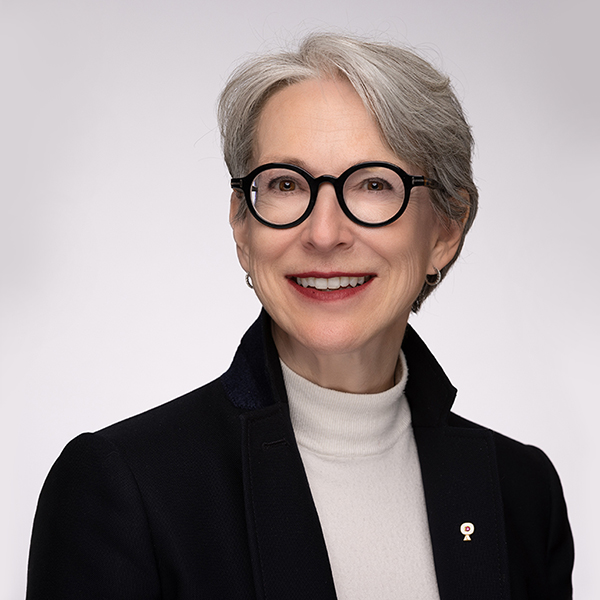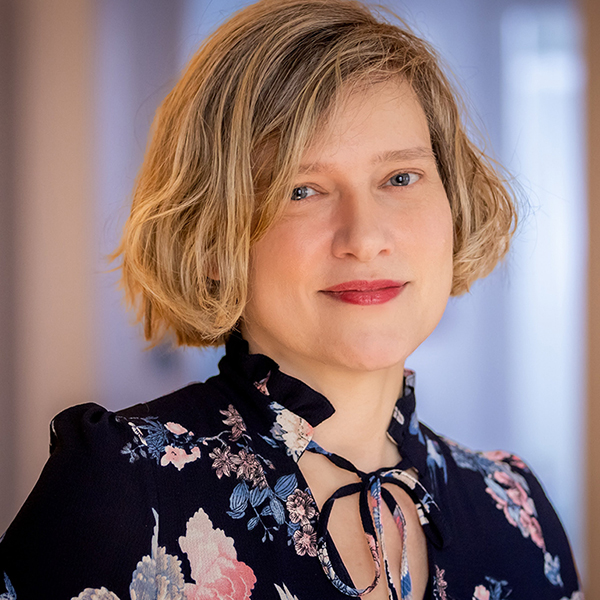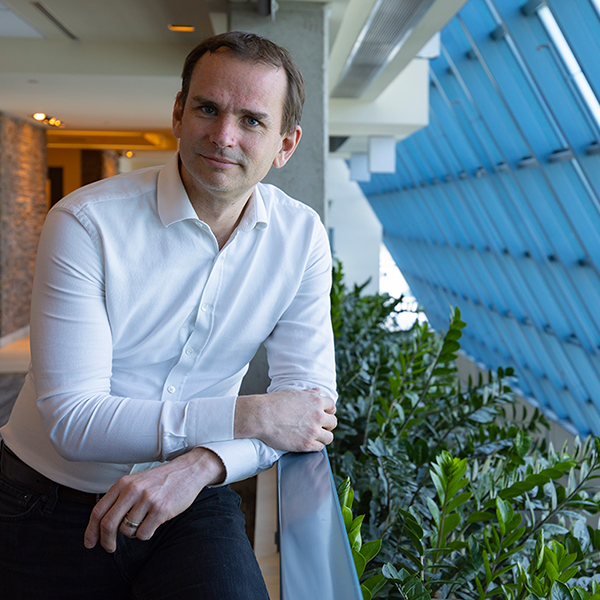It sounds like one of those uplifting stories from the heartland that CanLit fans have a soft spot for: Boy comes of age on a remote Mennonite dairy farm in Southwestern Ontario, then rebels against his upbringing to become the most powerful man in Canadian publishing.
And maybe it could work in fiction. But in a high-pressure business world that has so little time for the fine details of literary narrative, the direct route to the top job in Canadian publishing probably wouldn’t start in a dairy barn.
Yet here’s the serendipitous career of Brad Martin, BA’77, to prove the real-world possibilities of the unexpected story.
As the CEO of Penguin Random House Canada, a multi-imprint conglomerate that produces 6,000 titles annually, he is indisputably the top individual in the business. And when he holds forth on the state of the industry in a library-like inner sanctum high above Toronto’s millennial-friendly King-Spadina neighbourhood, the affable, well-coiffed 61-year-old seems every bit the man who was born for the comfortable rigours of the book trade.
When you ask how an Ontario farm boy ended up in Montreal and at McGill in 1974, he answers with an enthusiasm that’s still palpable. “I went as far as I could to get away from milking cows.”
It was certainly quite the contrast to his previous life. “I was a kind of free agent, living on my own in the student ghetto. And what that experience of McGill opened up for me was the diversity of the world – my friends were Jewish Montrealers from Côte St. Luc, Indian Kenyans, South Americans who all lived together in the high-rises.”
He studied economics and political science with the goal of becoming a foreign-service officer, and his insular worldview was instantly expanded with courses on Israeli politics, Russian history and Latin American politics, where an inspirational classmate was Carlos Chamorro – whose publisher father had been assassinated by the Nicaraguan dictator Anastasio Somoza and whose mother later became president.
His study hall was a tavern owned by Canadiens legend Henri Richard where the beer was cheap and the ceiling was cross-hatched with hockey sticks. The formative combination of beer and books is an overlapping theme in his career. His periodic ritual as a homeward-bound student was to walk down Milton Street and search for a bargain in The Word, the McGill Ghetto’s iconic second-hand bookstore. If nothing turned up, he would backtrack to the depanneur for a quart of beer. “I could afford to buy one or the other. But I couldn’t afford both.”
He worked as a waiter throughout his McGill years, including a stint at the 1976 Summer Olympics. When he moved to Toronto for graduate school, he found work at a seafood restaurant and passed time between shifts at its upstairs bar – which happened to be a legendary book-trade hangout.
Over a beer or two, he became fast friends with the sales manager of McClelland & Stewart, who offered him a job. Within 15 years he ascended from salesman to CEO of Penguin Canada. After a series of takeovers and mergers in the rapidly consolidating industry – where he developed a reputation as a calming manager in times of stress and an efficient integrator of rival teams – he became president of Random House Canada in 2007, and then CEO of Penguin Random House Canada in 2013.
His perspective remains that of a sales guy, and he sees no conflict between the competing claims of commercial and literary book publishing. “If you’re not careful, you run into the danger of defining literature as that which doesn’t sell. But good Canadian writing does sell. People like to look back fondly to the era of Mordecai Richler, Robertson Davies, Gabrielle Roy, Alice Munro, Mavis Gallant, but hey, they were big sellers, all of them.”
That focused sales instinct, honed at M&S under the legendary Jack McClelland, is still a priority. Yes, Penguin Random House publishes eight to 10 first novels a year, taking a long shot on the next Atwood, and it maintains a poetry program which is unlikely to turn much of a profit. “There’s a collateral advantage to that,” says Martin, characteristically highlighting the strategic opportunity. “It makes us more attractive to the literary community at large.”
The publisher fared well last fall in earning some of Canada’s biggest book prizes. Penguin Random House authors won the Scotiabank Giller Prize and four Writer’s Trust Awards. Still, Martin sees no virtue in publishing hard-to-sell titles no matter what their literary credentials. “If all you’re looking for is critical success, unless you have a wealthy benefactor, you’re not going to do well. You need to sell books. This is a business not a hobby.”
It’s a business that’s become more difficult as independent bookstores shut down, Amazon monopolizes sales, and old-media outlets that once promoted Canadian books and authors shift their priorities. But Martin is hardly discouraged. “People complain that newspapers have cut back on their coverage. But look at social media – it’s a very robust way to promote books. It has a broader reach and you get through to younger audiences.”
Potential authors, particularly in non-fiction, are assessed, in part, by their social-media reach – Martin cites musician Alan Doyle, YouTube personality Lilly Singh, vegan chef Angela Liddon, and controversial University of Toronto psychology professor Jordan Peterson as best-selling authors who arrived with a ready-made following. Young-adult fictional phenomena such as Harry Potter and Game of Thrones thrive in this word-of-mouth milieu, and simultaneously provide proof that books will endure as physical objects.
“Millennials want to be able to broadcast to their peers what they’re reading,” Martin says, surrounded by brilliantly coloured hardcovers in his meeting room sanctuary. “Well, you can’t do that with an ebook. The hard-copy book is an artifact that isn’t going away.”


